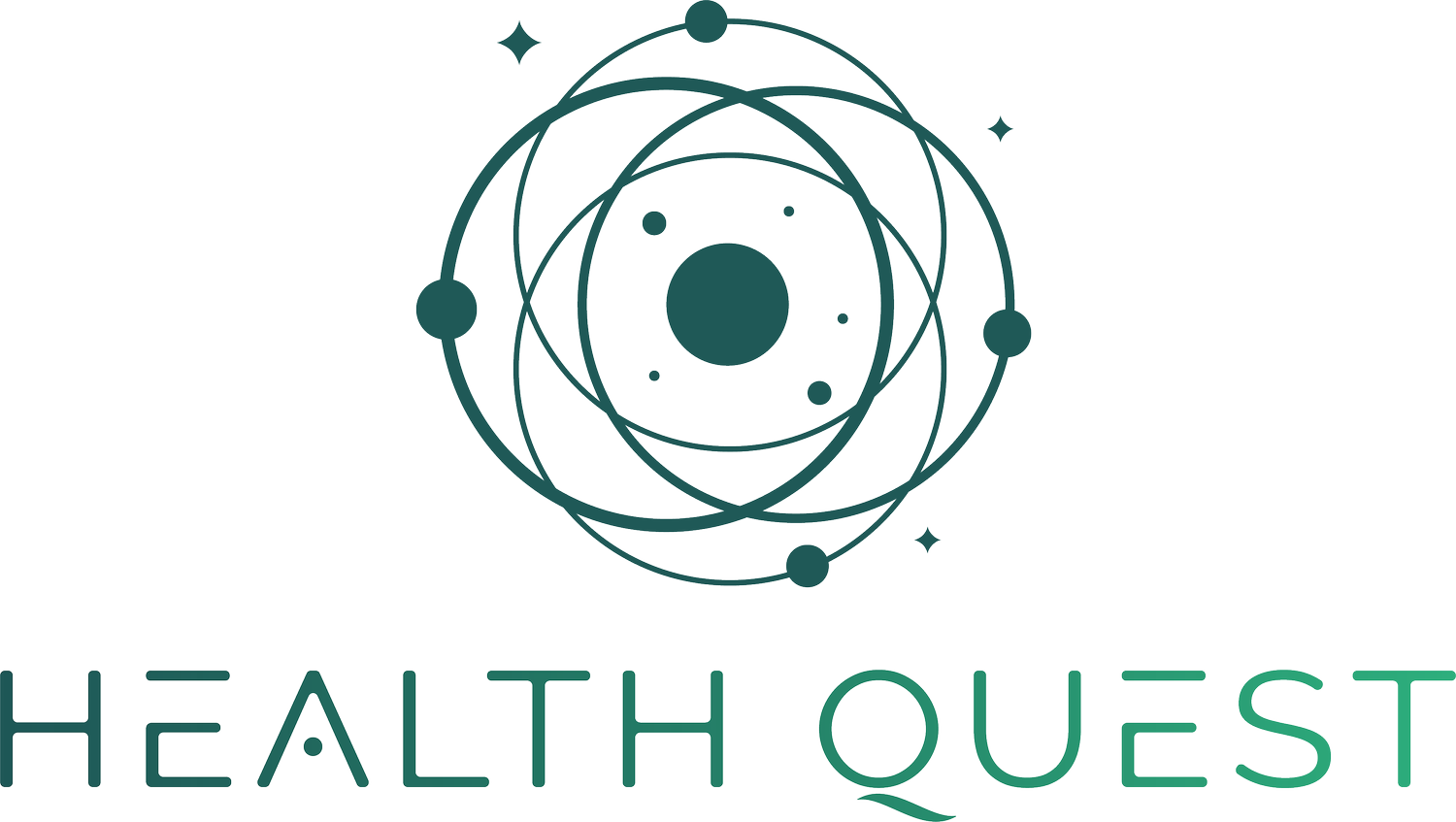Mental Health Awareness Month
What is mental health and how do we improve our mental health?
Awareness months are an interesting idea. Often when we are talking about a health awareness month we focus on the diseases related to the topic, very rarely do we actually focus on what it means to be healthy. Let’s change that here so during mental health awareness month rather than talking about different psychological conditions or challenges lets talk about what it means to have mental health.
Often when one thinks of health they often can think of it as the lack of illness. Defining something by what it isn’t is not exactly a good method for defining the world. What mental health is can be further complicated by how one views pathology and mental illness.
For example in the style of therapy I do, Acceptance and Commitment Therapy (ACT) mental health is defined as being psychologically flexible. It is not the absence of symptoms, rather ones ability to do what matters in their life with mindfulness even if they are struggling with suboptimal health (whether that be mental or physical health). If one was using existential psychology mental health might be defined as one who is able to sit well with ambiguity while also finding meaning and beauty in their world. In Cognitive Behavioral Therapy (CBT) mental health might be defined as being able to work through cognitive dissonance. Are we confused yet?
So what does it mean to have mental health? Is it being happy? Well happiness, much like any mood state, is temporary and will come and go. Does that mean every moment one is not happy they are not mentally healthy? That does not seem to fit either. I am partial to ACT in part because I think it provides us with a simple way to understand what being mentally healthy is. Simply stated mental health is doing what we value in our life, being present, and not being held back by extenuating circumstances.
Holding yourself back from the things that matter can have a negative impact on your mental health.
Too often we put our lives on hold because we are feeling unwell. Now sometimes this makes sense. If you have a bad cold, going out to dinner with your friends does not make sense. However, you can still live your value of connecting with your friends by getting get well soon texts, or notes. When we stop engaging with our values due to a challenge this can create a problem and mental ill health can result.
For example, if one wants to try out for a play but is nervous about not getting the part, they might not try out and will only do so when they feel confident that they can get the part. How can one ever get to a point where they know for sure they will get what they want? Not doing what matters in your life due to psychological or physiological challenges is generally not a path towards mental health. Sometimes our plans need to adjust to accommodate the challenges we are facing (hence the term psychological flexibility!).
Again, if one is wanting to try out for a play but is nervous about their chances to be cast they can still do the audition. They can make room for their nerves to try anyway. Something that can help here is to ask yourself, what would be worse to try and fail or to never try at all? Yes, failure does not feel good, but failure is also how we learn. In the Disney film Meet the Robinsons the main character has a specular failure and he is devastated; that is until everyone around him celebrates his failure. They note, “from failure you learn, success ea not so much” (2007).
Though one might not always be successful at what they are doing, taking time to do what matters feels better than never doing the things that are important to us. There is a very good chance that right now your brain is giving you all kinds of excuses as to why you cannot do the thing that matters to you. You are not ready you are too depressed/anxious/ADHD/shy etc. Perhaps that is true, but could you do it at least a little bit? Maybe you are not ready for full time school, but can you take a class? Can you read a book on the subject you want to study?
Would you rather be a person who tries and fails or never tries at all?
Though both are difficult taking a risk on yourself often feels better than doing nothing.
In ACT we discuss values as though one is moving west. No matter how far west you go you never arrive at west. Our goals are the westerly destinations we are heading towards, and often we have lofty ideas of where we want to go. The point though is as long as you are moving west, whether it be an inch or ten miles, you are living by your values. That engagement in what matters is what helps us find mental health. It’s not about not feeling something, or only feeling something else, it’s about doing what matters, even just a little bit in your life.
So your quest reader is to go and do something that matters to you, even if it’s only a little bit. Inch by inch you can make your way towards your values and improving your mental health.
For more information on ACT and doing what matters I recommend Russ Harris’ book The Happiness Trap.




